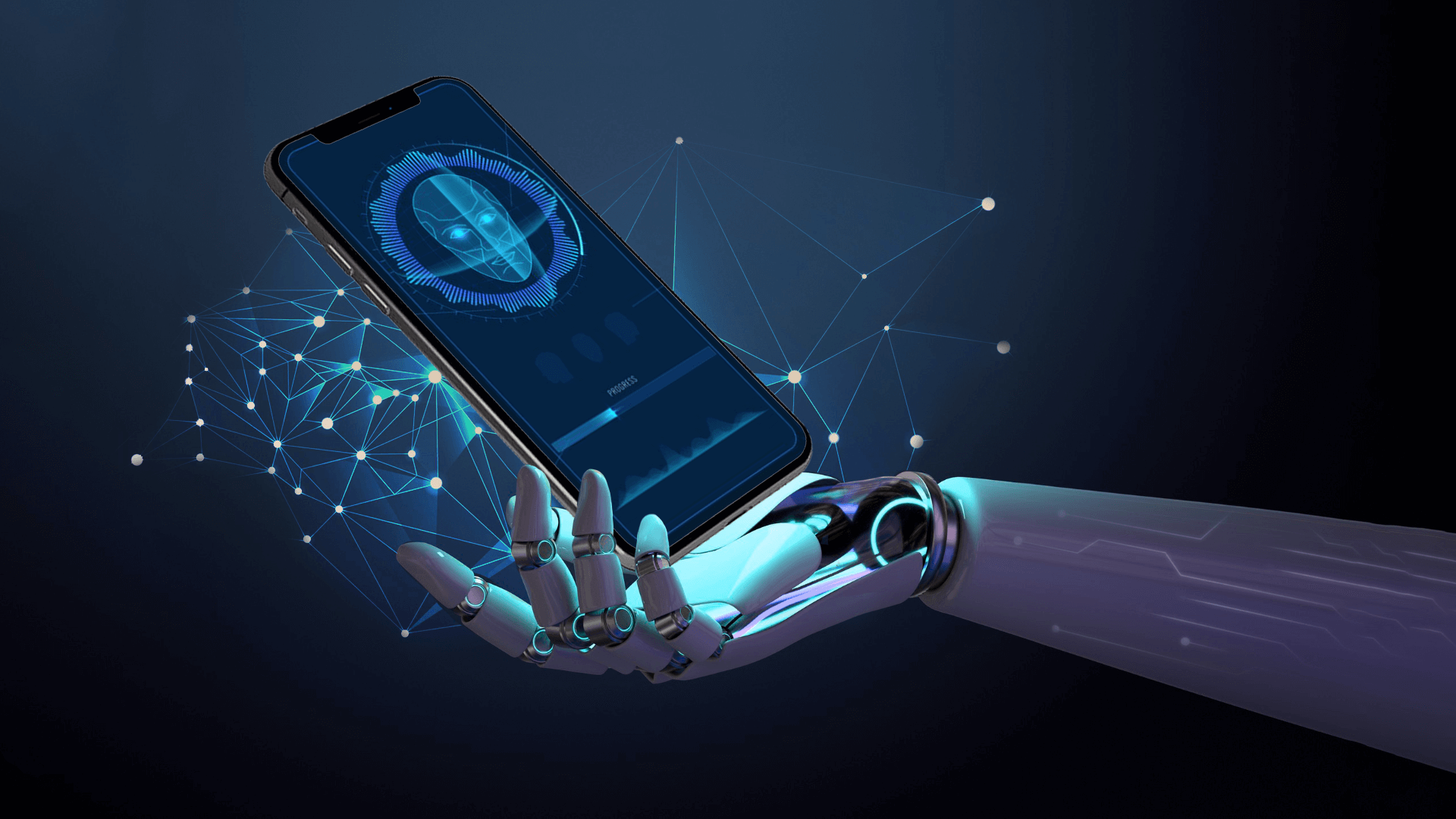Artificial Intelligence (AI) has moved far beyond being a buzzword—it is now at the core of how businesses create, scale, and optimize mobile apps. Whether it’s enhancing personalization, boosting security, or powering intelligent automation, AI is redefining Android and iOS app development in ways that were once unimaginable.
Let’s explore how AI is reshaping the future of mobile applications and what it means for developers, businesses, and end-users.
1. Personalized User Experiences
Modern users expect apps to “understand” them. AI-driven recommendation engines analyze user behavior, preferences, and real-time activity to deliver personalized content.
- Examples: Netflix recommending shows, Spotify curating playlists, or e-commerce apps suggesting products.
- Impact: Higher engagement, improved retention, and stronger brand loyalty.
2. Smarter Chatbots and Virtual Assistants
AI-powered chatbots are now a standard feature in mobile apps across industries. These bots use Natural Language Processing (NLP) to provide 24/7 customer support, answer FAQs, and even assist in transactions.
- Android & iOS Integration: Developers can embed AI assistants like Siri, Google Assistant, or custom chatbots directly into apps for seamless user interaction.
- Benefit: Reduced support costs and enhanced customer satisfaction.
3. AI in Mobile App Security
With rising cyber threats, AI plays a crucial role in ensuring app security. Machine learning algorithms can detect unusual user behavior, fraudulent activities, or potential security breaches in real-time.
- Face ID & Biometrics: Both Android and iOS apps leverage AI for advanced authentication through facial recognition, voice patterns, and fingerprint scanning.
- Result: Safer apps and increased user trust.
4. Predictive Analytics for Smarter Decision Making
AI allows apps to forecast user actions based on past behavior.
- Use Cases:
- Fitness apps predicting workout routines.
- Shopping apps suggesting future purchases.
- Finance apps predicting spending patterns.
- Business Value: Helps companies make data-driven decisions and improve customer journeys.
5. Enhanced App Testing and Development
AI is not just transforming end-user experience; it’s also revolutionizing the development cycle.
- Automated Testing: AI tools can detect bugs, test multiple use cases, and reduce manual testing time.
- Code Suggestions: AI-driven coding assistants help developers write optimized and error-free code faster.
- Result: Reduced time-to-market and improved app quality.
6. Voice and Image Recognition Capabilities
Voice search and image recognition are becoming default features in apps.
- Examples:
- Instagram’s AI-powered content tagging.
- Google Lens enabling image-based search.
- Voice commands integrated into Android and iOS apps.
- Advantage: Creates a more interactive and intuitive user experience.
7. Real-Time Translation and Accessibility
AI bridges language and accessibility gaps.
- AI Translation: Apps like Google Translate use AI to deliver instant translations.
- Accessibility: AI-driven features such as text-to-speech and voice commands make apps more inclusive for users with disabilities.
8. AI-Powered AR/VR Experiences
Augmented and Virtual Reality, when combined with AI, takes immersive experiences to the next level.
- Example: AR-powered e-commerce apps that let users “try before they buy.”
- Mobile Integration: Both Android (ARCore) and iOS (ARKit) leverage AI for advanced object detection and realistic simulations.
Final Thoughts
AI is no longer optional in mobile app development—it’s essential. For both Android and iOS platforms, it’s driving personalization, efficiency, and innovation, while empowering businesses to deliver smarter, faster, and more engaging applications.
As AI continues to evolve, developers and businesses that embrace these technologies will stay ahead of the curve, creating apps that not only serve but anticipate user needs.


